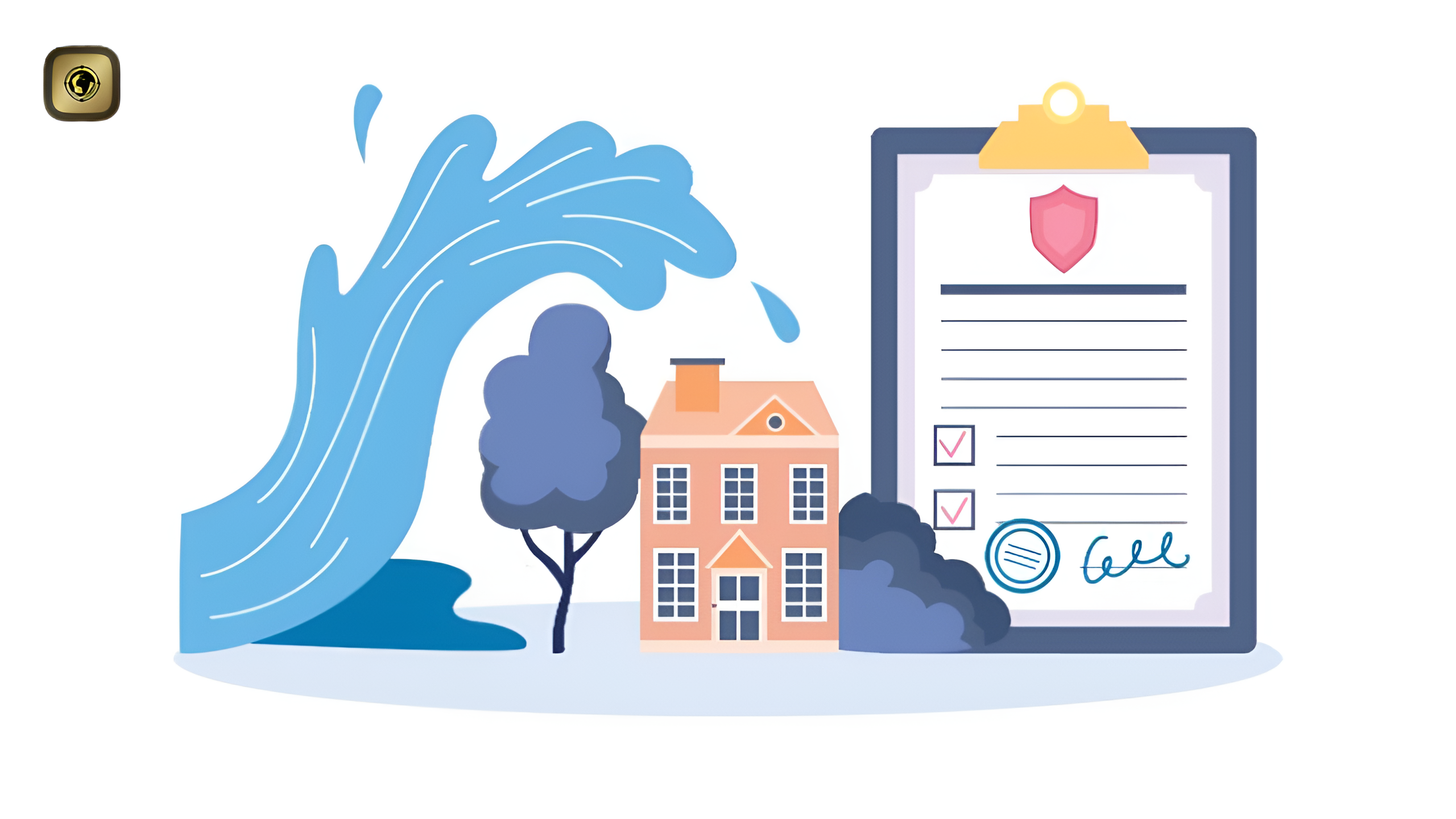March 29, 2025
- Natural and climate-related disasters instigated by climate change represent a significant danger to the lives and cherished belongings of individuals globally. Droughts, sudden floods, hailstorms, tornadoes, landslides resulting from heavy rains, and hurricanes are examples of the frequently occurring natural and weather-triggered disasters. Although it is challenging to prevent these natural events from occurring, there are specific safety recommendations that you can use to lessen the impact of a natural disaster.
Home safety tips for hail storms
- Hail storms can result in considerable harm to you and your property. Here are several actions you can take to reduce damage and ensure your safety during a hailstorm.
Stay Vigilant –
- Being aware is essential; monitor weather conditions in your area closely. Follow the social media accounts of local weather organizations and news outlets for the most recent updates.
Take shelter –
- Unless absolutely necessary, refrain from going outside your home. Keep children and pets indoors as they are vulnerable to injuries. Hailstorms typically have high-speed impacts, so it’s advisable to store your vehicles in the garage to prevent damage.
Keep protective gear –
- If you must travel during a hailstorm, carry protective gear to shield yourself from the intense hail and lightning. Seek a secure location to take cover.
Home safety tips during a tornado or high winds
- Tornadoes are difficult to prepare for as they often happen with little or no notice. Below are the safety precautions you can take to protect yourself and your property during a tornado.
Stay updated –
- Ensure your mobile devices are charged and batteries are prepared. Remain attuned to the radio or television to stay informed about the latest weather developments. Utilize internet-connected devices to monitor local weather agency and news channel social media updates.
Keep an emergency kit handy –
- Have important items such as drinking water, non-perishable food, and medications prepared in an emergency kit.
Protect your property –
- A tornado can inflict severe damage to your property. It is recommended not to remain in a mobile home. Bring all wind-blown items indoors. Cover your windows and glass doors with protective barriers to reduce potential damage.
Know where to shelter –
- Avoid remaining near windows and glass doors. Locate a place in the basement and seek cover under sturdy furniture, using a mattress or blanket for protection.
Safety at home during hurricanes
- A powerful hurricane is recognized for destroying anything in its path. The safety measures outlined below can assist you during a hurricane.
Stay inside –
- Unless directed to evacuate by local authorities, remain indoors at all times. Keep away from doors or windows, even if they are designed to withstand impact.
Listen to authorities –
- In all likelihood, an area affected by a hurricane will experience a complete power loss and result in a disruption of the cell network. In that situation, an old-fashioned battery-operated radio may prove useful for monitoring the hurricane’s trajectory by tuning into external broadcasts.
Gather emergency provisions –
- These provisions will ensure that you and your family remain well-nourished, secure, and healthy. You may find yourself isolated from the outside world for several days, so it is recommended to stock up.
Inspect and fix the property –
- Make sure that your windows and doors are adequately secured and that your yard is free of items that could be picked up by the wind and harm your house.
How to remain safe during a flood
- Keep the following safety precautions in mind while remaining at home during floods.
Adhere to evacuation directives –
- One of the smartest actions you can take is to comply with the guidance from local officials. Flash floods often arrive with little or no warning, so it’s best to heed the advice given.
Relocate to higher ground without delay –
- Identify any location at an elevated position and get there as quickly as you can. The primary concern should be to keep yourself as far above the water level as possible.
Avoid touching floodwater –
To protect yourself, switch off the main power supply and stay away from the floodwater if you have any open cuts or injuries to prevent infections.
Home safety recommendations for wildfires
- A wildfire is among the most destructive disasters and can spread quickly. The safety recommendations provided below can assist you in making your home more resistant to wildfires.
- Maintain the water sprinklers on your property
- Install smoke alarms in your home
- Keep your house free of potential fuel sources
- Eliminate overgrown vegetation
- Have fire extinguishers available
- Follow the guidance provided by the local fire department when establishing defensible zones.
Safeguard your home with insurance against natural disasters
- The effects of climate change have resulted in an increase in the frequency of natural disasters globally. It is prudent to take precautions rather than risk regret, and one significant measure you could take is to secure home insurance. Home insurance for earthquakes and other natural disasters reduces the financial burden of such events by covering repair costs.
Conclusion
- Natural disasters are natural phenomena that can strike at any time and location. These calamities can inflict irrevocable damage on your home. Home insurance for earthquakes or any other natural disasters can help safeguard your property and possessions for a minimal premium.
Disclaimer:
- The information presented above is for illustrative purposes only. For more information, please consult the policy documents and prospectus before completing the sale.



Leave A Comment